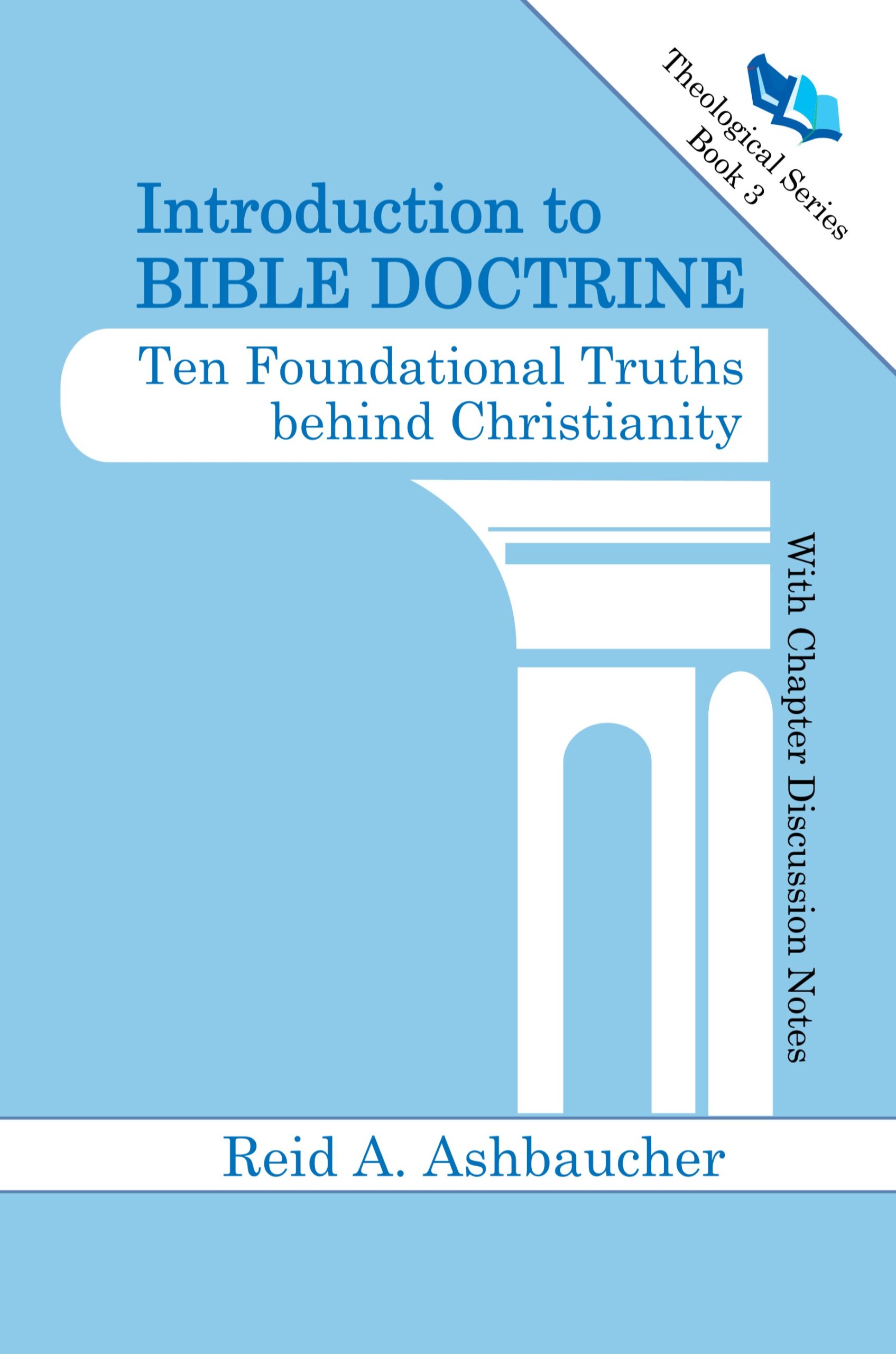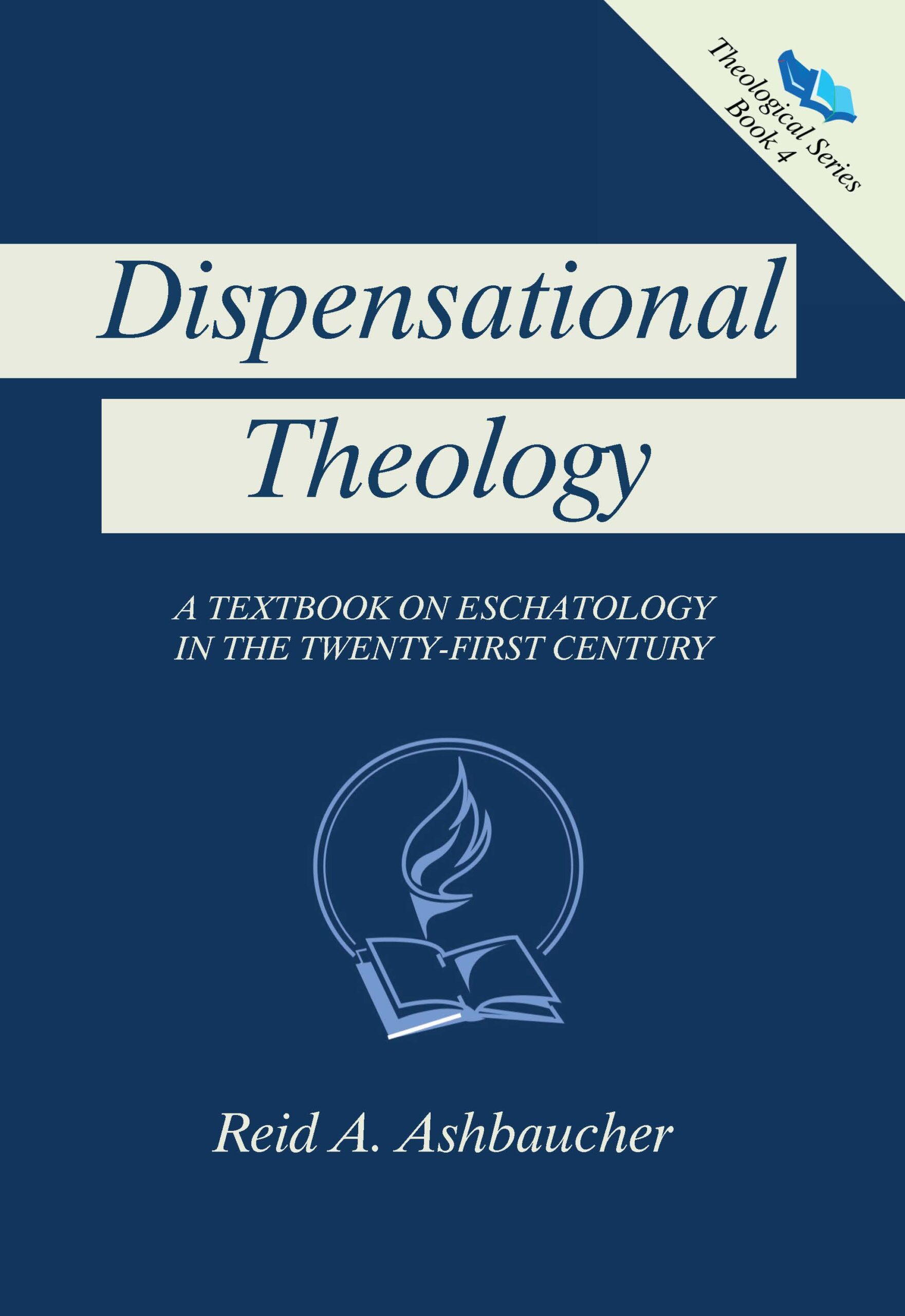Perseverance – Perseverance is found in the King James Bible once. See Ephesians 6:18. Also see Strong’s numbered word proskartereesei (NT:4343; Strong’s number definition). In real terms it simply means to be persistent or to be earnest towards. In the New American Standard Bible it is translated 22 times, and carries similar meaning in context and is used in place of the KJVKJV stands for "King James Version" of the Bible. The KJV translation was completed in 1611 A.D. by fifty four scholars, as commissioned by King James of England. Its translation is based on the Hebrew text and the Byzantine Text type of the Greek New Testament, with NT copies dating as early as the... word for “patience.” (See Revelation 14.12, 1 Timothy 6:11, 2 Peter 1:6). If followed in the NAS Bible the term is used to express persistent behavior on behalf of the ChristianAccording to the Bible, Christians are those that put their faith in Jesus Christ and follow him as Lord and King of their lives. To reject that Jesus is not equal in nature with God or reject the teaching of the Trinity of God would forfeit anyone's claim to be called Christian. (Acts 11:26, 26:28;... More in three areas. 1.) We should be persistent in prayer for others Ephesians 6:18. 2.) We should be persistent in pursuing good fruit or righteousness in our lives, Luke 8:15.) We should pursue perseverance itself as found in First Timothy 6:11.
Perseverance in terms of theologicalAny person or subject that relates or is tied to the Study of God is considered theological. Example: A "theological student" is a person that studies the subject matter of God. A theological viewpoint is an opinion about God based on a persons interpretation of the Scriptures or Bible. doctrineBible doctrine is any subject within the Bible that is taught as a principle, law or commandment. Some would hold that the wisdom advice given in the book of Psalms and Proverbs could be classified as doctrine as well, because of the many principle concepts that can be applied to everyday life. is used in circles of Calvinistic persuasion. It carries the same weight or end result as the doctrineBible doctrine is any subject within the Bible that is taught as a principle, law or commandment. Some would hold that the wisdom advice given in the book of Psalms and Proverbs could be classified as doctrine as well, because of the many principle concepts that can be applied to everyday life. of eternal security. In this light it is referred to as the “Perseverance of the Saints”. Matthew 24:11-14: “And many false prophets will arise, and will mislead many. And because lawlessness is increased, most people’s love will grow cold. But the one who endures to the end, he shall be saved. And this gospel of the kingdom shall be preached in the whole world for a witness to all the nations, and then the end shall come.” (NASBNASB stands for "New American Standard" version of the Bible. The NASB was produced through the Lockman Foundation in 1960 and its translation is based on the Hebrew text and the Alexandrian Text type of the Greek New Testament, with NT copies dating as early as the second century A.D.) Based on this and other references the doctrineBible doctrine is any subject within the Bible that is taught as a principle, law or commandment. Some would hold that the wisdom advice given in the book of Psalms and Proverbs could be classified as doctrine as well, because of the many principle concepts that can be applied to everyday life. of perseverance is formulated. In Calvinistic teaching the doctrineBible doctrine is any subject within the Bible that is taught as a principle, law or commandment. Some would hold that the wisdom advice given in the book of Psalms and Proverbs could be classified as doctrine as well, because of the many principle concepts that can be applied to everyday life. of perseverance is the fifth in a five point view of man’s salvationSalvation within the Scriptures (Bible) simply means to save that which was lost. In reference to humanity, the Scriptures teach that because the first humans (Adam and Eve) sinned against God, the human race became lost to God, thus needing to be saved or redeemed by God. Jesus Christ said it this ... More from the wrath of God and is represented by the acramin “TULIP” where “P” stands for the “perseverance of the saints.” It is taught in this system of theology that it is God who saves, keeps, and gives grace to the end of human life giving the believer the ability to persevere to the end, thus, giving eternal security, from hell, to one’s soul throughout eternity.
In other systems of ChristianAccording to the Bible, Christians are those that put their faith in Jesus Christ and follow him as Lord and King of their lives. To reject that Jesus is not equal in nature with God or reject the teaching of the Trinity of God would forfeit anyone's claim to be called Christian. (Acts 11:26, 26:28;... More theology eternal security is not taught, and uses Matthew chapter 24 as an example to show that it is man’s responsibility to persevere to the end and if he should fall away from God he will be lost.
From a BiblicistA person who interprets the Bible using the literal method of hermeneutics (the art and science of Scripture interpretation), allowing for the usual and customary usage of grammar. This would include the customary use of poetry, metaphors, figurative language, prophecy, types and allegory, while als... doctrinal viewpoint perseverance is used in the biblical sense without tying the meaning to a theologicalAny person or subject that relates or is tied to the Study of God is considered theological. Example: A "theological student" is a person that studies the subject matter of God. A theological viewpoint is an opinion about God based on a persons interpretation of the Scriptures or Bible. position. Eternal security or the perseverance of the saints can be demonstrated through many other scripturesThe Scriptures, as spoken of on this site, represents the 66 books found in the Protestant Bible, with 39 books in the Old Testament and 27 books found in the New Testament. It is our view that these books were written between 1446 BC and 96 AD, representing a time span of about 1,500 years, by the ... in a systematic way without tying the term “perseverance” to the debate. (See: 2 Corinthians 1:21,22; Ephesians 1:13; Ephesians 4:30; John 18:9.)










